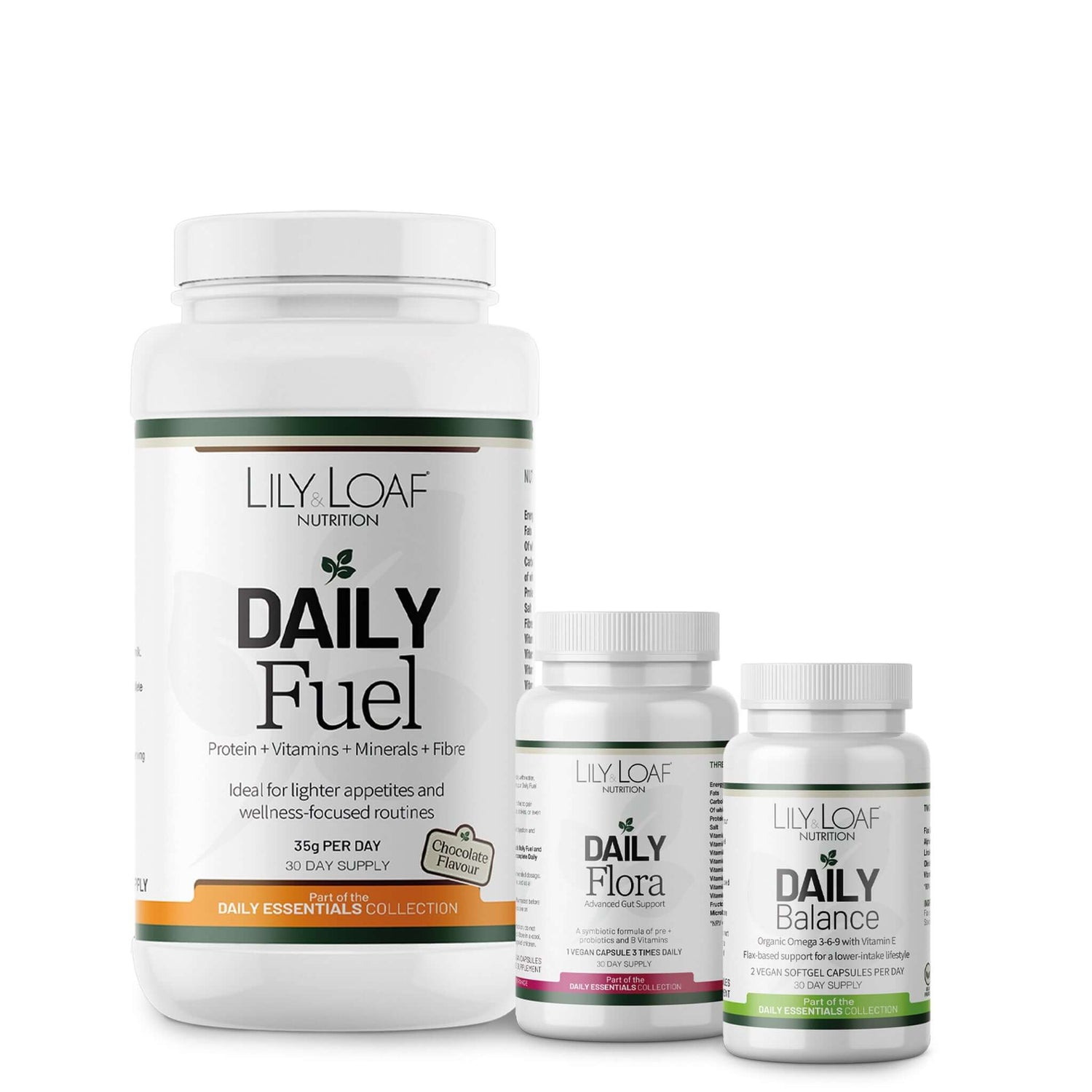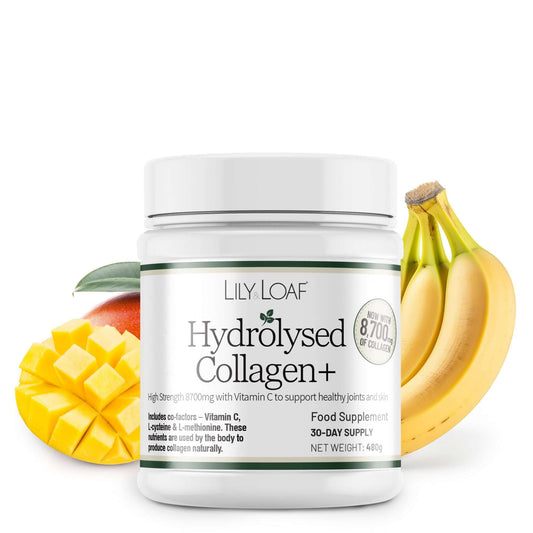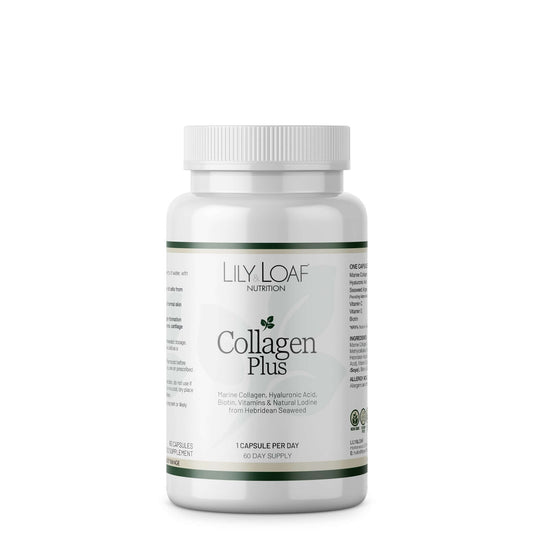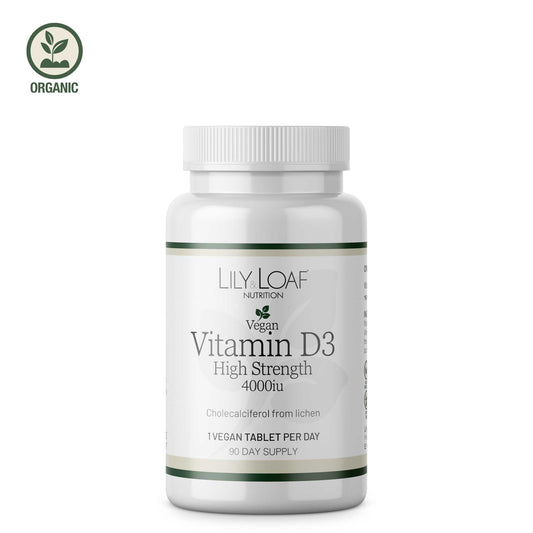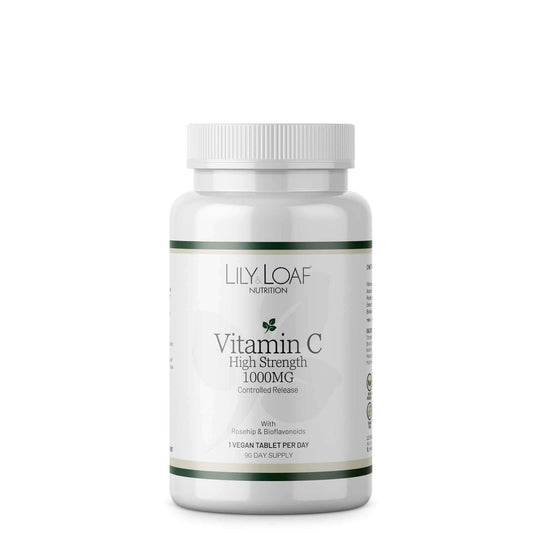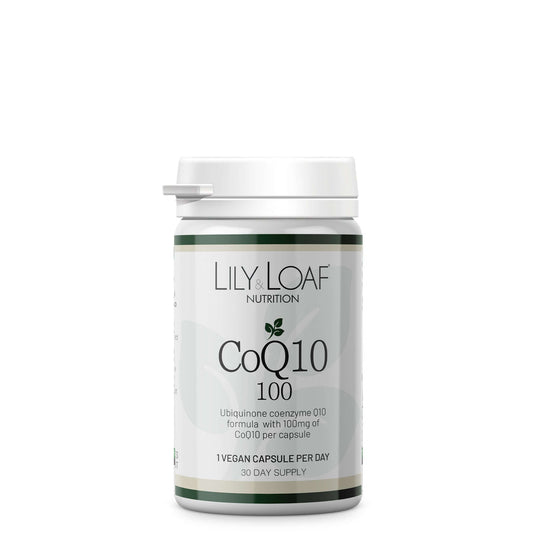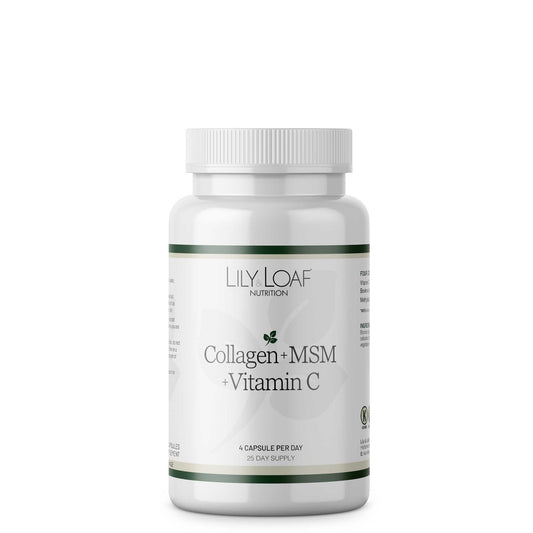Access Denied
IMPORTANT! If you’re a store owner, please make sure you have Customer accounts enabled in your Store Admin, as you have customer based locks set up with EasyLockdown app. Enable Customer Accounts

Support for Bone & Joint Health
Good bone and joint health are essential for maintaining an active, fulfilling lifestyle. Without strong support in these areas, even simple activities like walking, running, and swimming can become challenging. Offer your clients products that promote strong bones and flexible joints, helping them stay active and enjoy life to the fullest.

Support for Bone & Joint Health
Good bone and joint health are essential for maintaining an active, fulfilling lifestyle. Without strong support in these areas, even simple activities like walking, running, and swimming can become challenging. Offer your clients products that promote strong bones and flexible joints, helping them stay active and enjoy life to the fullest.
-
Hydrolysed Collagen + 8,700mg (High Strength)
Vendor:Lily & LoafRegular price €24,18 EURRegular priceUnit price / per -
Collagen Plus
Vendor:Lily & LoafRegular price €14,87 EURRegular priceUnit price / per -
Vitamin D3 High Strength
Vendor:Lily & LoafRegular price €16,08 EURRegular priceUnit price / per -
Vitamin C High Strength 1000mg
Vendor:Lily & LoafRegular price €16,08 EURRegular priceUnit price / per -
CoQ10 Ubiquinone 100mg
Vendor:Lily & LoafRegular price €10,43 EURRegular priceUnit price / per -
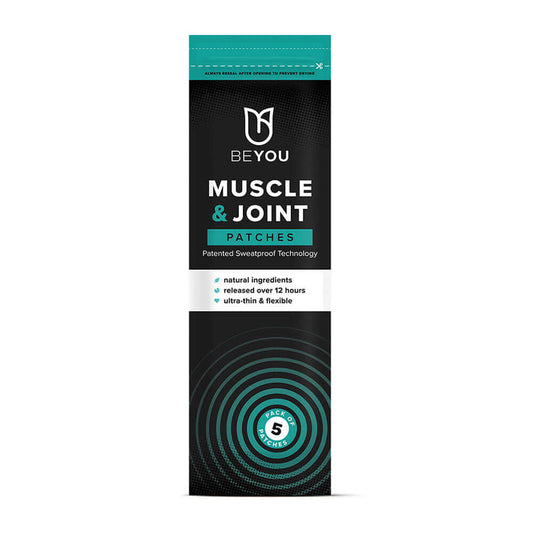 Sold out
Sold outBeYou Muscle & Joint Patches
Vendor:BeYouRegular price €10,74 EURRegular priceUnit price / per -
Collagen + MSM + Vit C
Vendor:Lily & LoafRegular price €13,66 EURRegular priceUnit price / per
Collection: Bone & Joint Health
Invalid password
Enter
